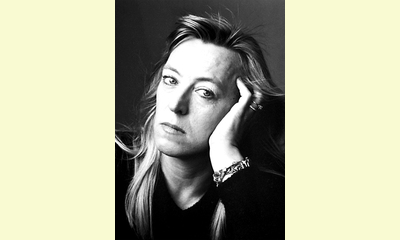click on photo to enlargeOne could read this book and come away thinking
"Anyone really could win the Nobel Peace Prize,"
if people in fact told their children they could
do that instead of telling them they could be
president, and if one was thinking of Nobel peace
laureates as saintly beings. In a certain sense,
of course, anyone can win the Nobel Peace Prize,
as it's often given to good people who have
nothing to do with peace, and at other times it's
given to warmongers. To win the Nobel Peace Prize
and deserve it, as Williams did -- that's another
story. That requires, not saintliness, but
activism.
Activism is usually 99% perspiration and the
dedication that drives it, just like genius. But
in the case of the Nobel Peace Prize, and of the
sort of rapid success it honors when applied in
accordance with Alfred Nobel's will, the
perspiration is 49%. The other 50% is timing.
The activists who recruited Williams to lead the
campaign to ban landmines had the timing perfect.
Williams tapped into something powerful. She
orchestrated some initial successes, communicated
the viability and importance of the project,
worked night and day, and watched many other
people, in many countries, throw themselves into
the campaign in a manner that people only do when
they believe something will dramatically and
rapidly improve the world.
How does one pick the right issue at the right
time? Following the example of the land mine
campaign, one must pick a topic on which the rest
of the world can do some good without the
participation of the U.S. government, and in fact
succeed despite fierce opposition from the U.S.
government, and then drag the U.S. government
along, kicking and screaming, once the rest of the
world has moved forward.
What strikes me most about the first half or so of
Williams' book is how hard we always make it for
anyone who wants to work for a better world to
find appropriate employment. We dump billions
into recruiting young people into the military or
into business careers. Imagine if young people
had to find those paths on their own. Imagine if
television ads and video games and movies and
spectacles at big sporting events were all used to
recruit young people into nonviolent activism for
peace or justice. Williams and many others could
have found their way more quickly.
Williams argued with her father over the U.S. war
on Vietnam. He began to come around with the
exposure of the Gulf of Tonkin incident as
fictional, and with the looming threat of a son
being drafted -- and no doubt also as a result of
Williams' persuasiveness.
(This article is continued in the discussionboard)









